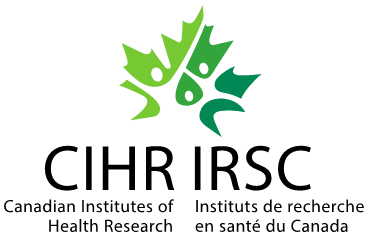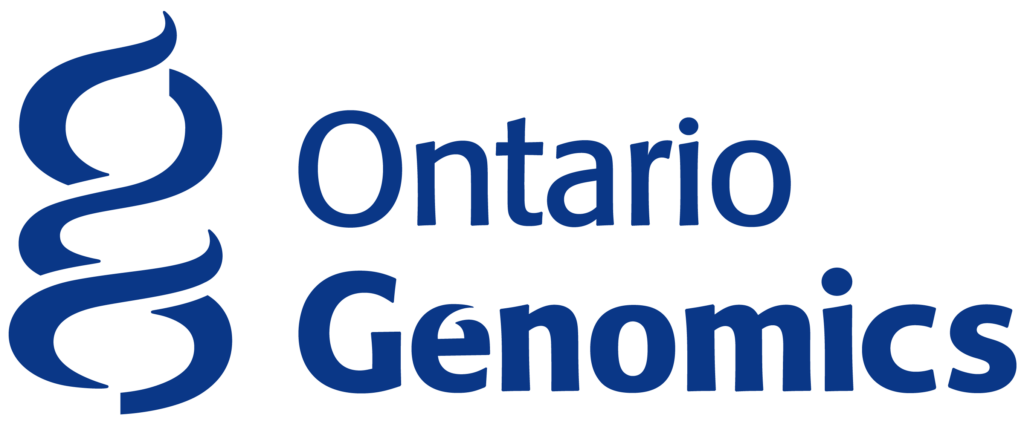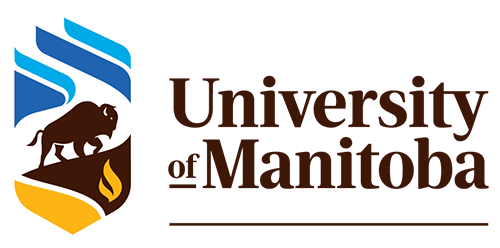This 2 day course covers the bioinformatics concepts and tools available for interpreting a gene list using pathway and network information. The workshop focuses on the principles and concepts required for analyzing and conducting pathway and network analysis on a gene list from any organism, although focus will be on human and model eukaryotic organisms. This workshop will cover tools using graphical user interfaces as well as some light programming in R.
This is a distributed workshop. It will be offered simultaneously in two locations. Instructors, TAs, and facilitators will be present at each venue and lectures will be broadcast back and forth.
Participants will gain practical experience and skills to be able to:
- Get more information about a gene list
- Discover what pathways are enriched in a gene list (and use it for hypothesis generation)
- Find out how a set of genes is connected by e.g. protein interactions and identify pathways, systems and modules within this network
- Visualize results
- We will develop a unified analysis flow chart throughout the course that students will be able to follow after the workshop to conduct their own analysis
- Participants will have the opportunity to discuss their own research/research plans with faculty
Advanced undergraduates, graduates, postgraduates, and PIs working with ‘Omics data’ (e.g. gene expression, protein expression, molecular interactions, large-scale genetic screens and other omics data) from human and model eukaryotic organisms who are interested in interpreting large gene lists resulting from their experiments. Concepts will be applicable to omics data from non-eukaryotic organisms, but software and demonstrations will not cover them.
You will require your own laptop computer. Minimum requirements: 1024×768 screen resolution, 1.5GHz CPU, 8GB RAM, 10GB free disk space, recent versions of Windows, Mac OS X or Linux (Most computers purchased in the past 3-4 years likely meet these requirements).
This workshop requires participants to complete pre-workshop tasks and readings.
Some basic familiarity with R and RStudio is required.
Module 1: Introduction to Pathway and Network Analysis and Ontologies
- Where gene lists come from and what they are useful for
- Pathway and network analysis overview
- Workflow of concepts and tools from gene list to pathway analysis
- Examples of multiple paths through the workflow that will be covered in the workshop
- Sources of pathway and network information: GO biological process, network databases, pathway databases. Examples of pros and cons of each type of information.
- General issues: gene identifiers, data normalization
Module 2a: Differential Expression
- Basic workflow of estimating bulk and scRNA-seq differential expression to create a gene list.
Lab Practical:
- Differential expression using statistical software tools like edgeR/Deseq2 for bulk RNA-seq and pseudobulk scRNA in R.
- Create a defined and a ranked gene list.
Module 2b: Pathway Analysis using a defined gene list
- General concept of pathway enrichment analysis using a defined gene list.
- Steps to perform pathway enrichment analysis
Lab Practical:
- g:Profiler (GUI and R)
- Plots visualization using R
Module 2c: Pathway Analysis using a ranked gene list
- General concept of pathway enrichment analysis with a ranked list
- Steps to perform pathway enrichment analysis
Lab Practical:
- GSEA (GUI); fgsea (R)
- Plot visualization using R
Module 3: Introduction to Cytoscape and network visualization
- Networks basics (PPI, enrichmentMap)
- Advantage of network visualization
- Network Analysis (Jaccard index, connectivity, clustering)
Lab Practical:
- Demo of Cytoscape and some selected apps
Module 4: Integrative assignment/BYOD
- Q&A sessions with instructors about the course content and/or how to apply the pipeline to your own project.
Lab Practical:
- Go through the entire differential expression and pathway analysis pipeline using your own data or follow an integrated assignment using preselected datasets.
Duration: 2 days
Start: May 12, 2026
End: May 13, 2026
Status: Application Open
Apply
Canadian Bioinformatics Workshops promotes open access. Past workshop content is available under a Creative Commons License.
Posted on:




